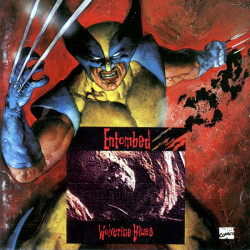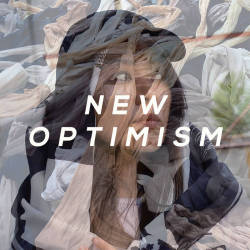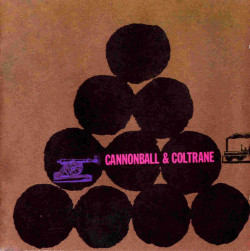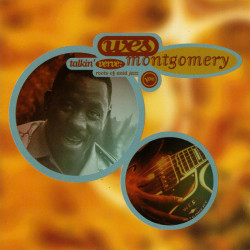The Japanese Learning Proficiency Test, or JLPT, is held every year on December 4th. Because the deadline is not midnight on December 3rd, I miss it every year. You’ve got to apply in September, and seats are limited. True, there’s been a number of years where I was barely studying enough to even pass the lowest level, but there’s been even more when I’m chugging along and suddenly it’s December and it’s like…well, I already know I screwed up. I’m not even studying the right things anyway. Advice I hear a lot in Jp. learning circles is simply “not give up and you will learn”. But it’s possible to not give up AND not learn. If you take a month or even a week off studying completely, it doesn’t mean you gave up, but it’s self-sabotage.
The Smart.fm/iKnow is based on some advanced SRS research. It got me on the right track, finally. I’ve had a deck of real paper flash cards for years, but it’s hard to keep track of which cards to study and when. It’s real easy to think you’ve learned a card and just put it in the ‘done’ pile and soon all the cards are in the ‘done’ pile so you look at them all again and you don’t even remember half. Anki, I think, is somewhere in between a fully automated system and a manual analog deck. In theory it’s the same kind of SRS (idea-wise) as iKnow, but the way it’s set up more depends on you. The social network aspect and public posting of progress helped (you’d have to resort to some kind of public…log…which could be potentially embarrassing…everyone knows learning a new language is about shielding yourself from public ridicule by fleeing to another country, and that the best way to become fluent is to not try too hard), but also the thing told you when to study what. If you were dumb enough to take on 40 lessons at once on Smart.fm it would be obvious you were making a terrible decision—at all times at least 30 of them would be telling you: Study NOW. Can’t do it.
Not knocking Anki, it’s just Smart.fm was more self-sabotage proof. I don’t think any one system is the best. I’m doing all this and naturally sometimes I get to thinking that maybe I can make the One Perfect System. Like, I’ve wasted all this time and maybe it gives me the insight to do that and it wasn’t all a waste. It wasn’t all a waste, but a whoooole lot of it was a waste and I’m not getting anything out of that. There was nothing wrong with any of the systems I’ve used (like Berlitz or Pimsleur) or that one is better than the other, it’s that I couldn’t stick to a schedule of repeated and prolonged public embarrassment. That’s the key.
But there’s also this article, which is about a study which maybe proves something I kind of thought already, which is that the number of hours learning (or the amount of study repetitions) is irrelevant. There’s just moments that the thing clicks into your brain for whatever reason. Going through the repetitions mindlessly alone isn’t going to do it. But I’ve lined up so goddamn many, I have to plow through. It’s pretty ugly, but even if I’m looking at a deck ten decks with an average of 800 cards, doing 20 a day on each will net 100 cards every 5 days. It can’t be done in one month, but it could only take 40 days. (I’m not doing quite that well, but I can easily finish those by December and will be well into the 6000 decks.) My main problem is deciding which test to take.
I don’t think there is One Perfect System for everyone or even any one person. (A Slightly More Perfect System for JLPT study are almost probably the decks designed for that test that are labeled by test level.) Going from system to system might (could) be best. In the end it’s one language that your using to communicate; acing the test isn’t the goal. (Would be nice tho.) All these learning systems top out at some point and you only get better from there by using the language in real life. (A decent JLPT score might help get into a situation where you use the language more in real life…) Unless you’re just in it to watch unsubbed anime. Which is fine. But it’s also not that fine. At some point. I don’t know if I’ll live there or anything but I’m into doing some kind of cross-cultural exchange that is a real thing. It’s becoming something that seems more important than continuing some kind of aesthetic from the 90s, which was really fueling me before recent events.
The reactions to the tsunami in Japan, good and bad, didn’t surprise me at all. I think the worst parts are part of a certain entrenched way of thinking that could be helped with more open exchange of information within the country and better international communication. On the other hand, the riots in England didn’t make sense to me. I’ve read some things that point out some of the complexities and what not and I can get it, but I don’t see how you’d fix any of that. Half of my ancestry is British/Irish (bit murky) and it’s not upper class. And I’m into a lot of UK pop culture, but I don’t really get it on a gut level like I thought I did. My point is you gotta focus on things you think you can change. I didn’t even know the UK was fucked up on that level and that’s a place I think about more than Africa, for example. Or Russia or the Middle East. I’m just trying to focus on what I understand. It’s about the type of society I think is a positive direction, not about race.
I could go off about weeaboos who are barely aware that Japan is an actual country but I need to get back to killing my brain with words.
%






Recent Comments